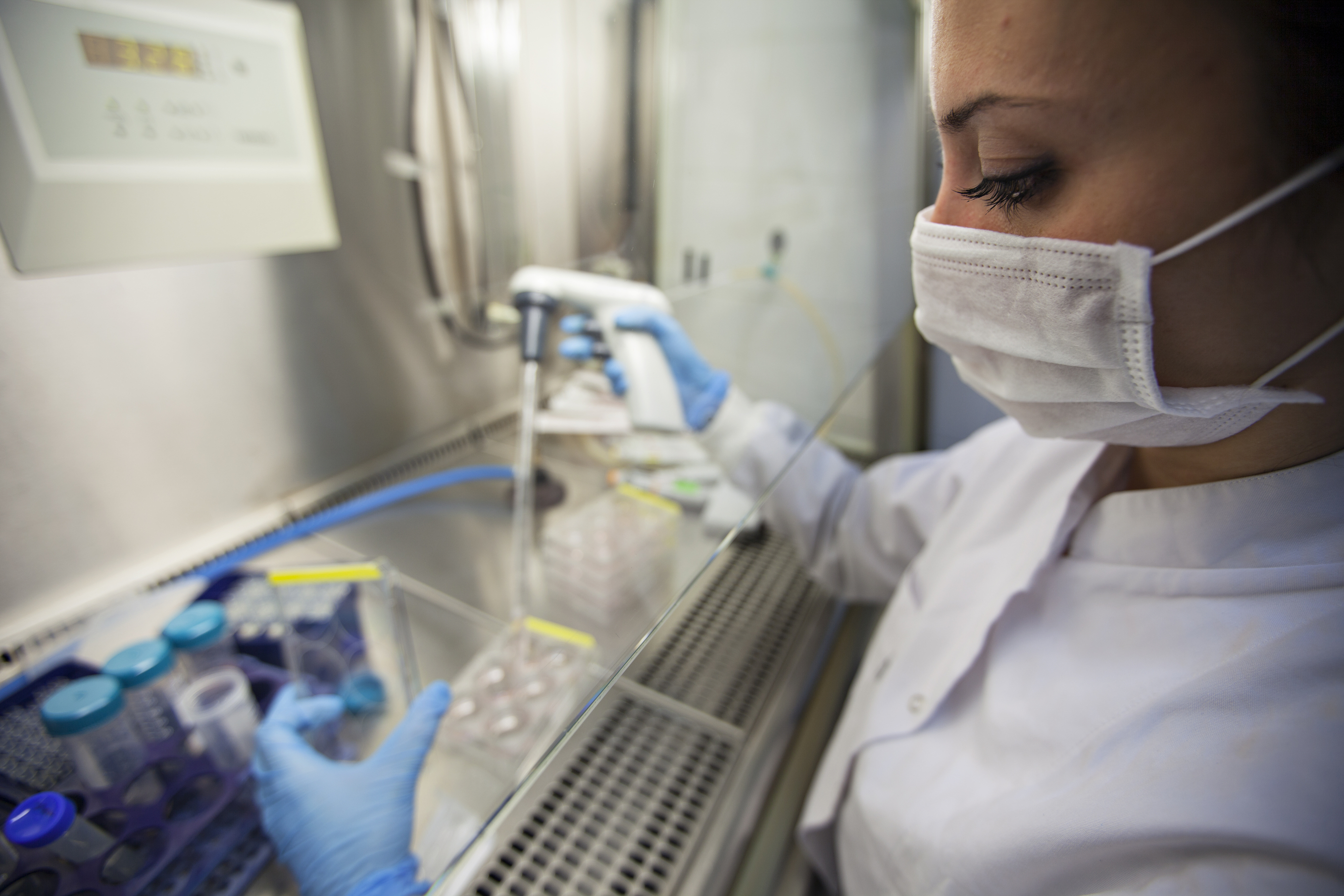
A TREATMENT for breast cancer sufferers may no longer be available to patients in England after health officials deemed it “not cost effective”.
Charity Breast Cancer Now said it was a “huge blow” after officials proposed that everolimus for advanced breast cancer should be removed from the list of drugs available through the Cancer Drugs Fund (CDF).
The way the fund works has changed in recent weeks, with the National Institute for Health and Care Excellence (Nice) now appraising every drug on the list.
In new draft guidance, Nice said that everolimus plus exemestane for treating advanced breast cancer after endocrine therapy should be removed from the CDF list.
The drug, also known as Afinitor which is made by pharmaceutical company Novartis, is used for treating a specific type of advanced breast cancer.
Baroness Delyth Morgan, chief executive at Breast Cancer Now, said: “This is a huge blow to many breast cancer patients and we fear this decision could be just a taste of what’s to come for innovative breast cancer drugs in England.
READ MORE
Cancer drug treatment results ‘dream come true’ for battling mum Lesley Graham
Dying mum writes heartbreaking letter to Shona Robison, asking for more time
“The decision means that, for the first time, an effective breast cancer drug will be available in Wales and Scotland but not in England.
“Our worst fears about the re-launched CDF are being realised. Without further reform to Nice’s appraisal process, we are deeply concerned that Afinitor will be the first of many breast cancer drugs to which patients in England will be cruelly denied access.
“For patients that tolerate it well, this drug is a serious option offering precious extra months without their disease progressing.
“This is not a particularly expensive cancer drug and we believe it should be within reach of Nice’s cost-effectiveness threshold. We now call on both Nice and Novartis to put patients first and find an agreement that ensures England doesn’t fall behind the rest of Great Britain in access to Afinitor.”
Nice is also recommending that ibrutinib, manufactured by Janssen, which is used to treat a type of lymphoma should be removed from the CDF list.
Nice chief executive Sir Andrew Dillon said: “Nice is committed to making sure that the treatments the NHS provides are ones that are both clinically effective and represent good value for money.
“Although the committee felt that everolimus with exemestane is effective in delaying the growth and spread of breast cancer, they found that the new overall survival data suggested the drug is less clinically effective than it appeared in the data provided for our original guidance.
“The committee considered that even with the price discount in the revised patient access scheme, everolimus plus exemestane would not be cost effective.
“In the case of ibrutinib, whilst the committee did recognise the drug’s clinical effectiveness, the price offered by the company was still too high to recommend it as cost-effective for routine use in the NHS or in the CDF.”
READ MORE

Enjoy the convenience of having The Sunday Post delivered as a digital ePaper straight to your smartphone, tablet or computer.
Subscribe for only £5.49 a month and enjoy all the benefits of the printed paper as a digital replica.
Subscribe